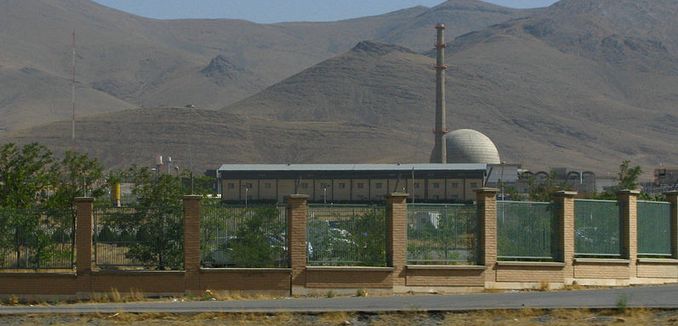Israeli officials are adding their voices to those of U.S., E.U., and U.N. officials accusing Iran of using negotiations to stall for time as it develops clandestine elements of its atomic program widely believed to be linked to weaponization. The talks’ failure was unsurprising to members of the P5+1, a senior Israeli official told journalists speaking on background today during a call organized by The Israel Project:
Most of the involved parties… did not think that there is going to be any concrete outcome… It’s not a big surprise for us that this meeting in Kazakhstan took such a long period to find a place and a time which would be convenient for the Iranians… [the] Iranians, as they said before the talks, are not going to give in to any of the demands to stop enrichment, to stop their activities.
The P5+1 and Iran failed to come to any agreement in talks this week – except to hold more talks – despite significant incentives offered by the international community:
But the six powers dropped their demand that Iran shut down its enrichment plant at Fordo, built deep into a mountain, instead insisting that Iran suspend enrichment work there and agree to unspecified conditions that would make it hard to quickly resume enrichment there. The six also agreed, in another apparent softening, that Iran could produce and keep a small amount of 20 percent enriched uranium for use in a reactor to produce medical isotopes.
A lower level meeting of technical experts will convene in Istanbul next month, the only outcome of these talks. A European source told the New York Times that the meeting will be used to explain the West’s offer to the Iranians – again. There is a risk, the diplomat acknowledged, that the Iranians will pocket Western concessions and demand further ones – again.
In a further success for Iran’s dilatory approach to stalling for time, after the technical meeting there are plans to hold a higher political-level meeting between Iran and the P5+1 in early April. The P5+1 is expected to, again, offer a modified version of the “stop, ship, and shut” proposal that has been on the table during previous rounds of negotiations.
Western diplomats evaluating the situation were described as “less enthusiastic” than the Iranians about the outcome of the last round of talks.
That sounds like an understatement.
[Photo: Nanking2012 / Wiki Commons]




